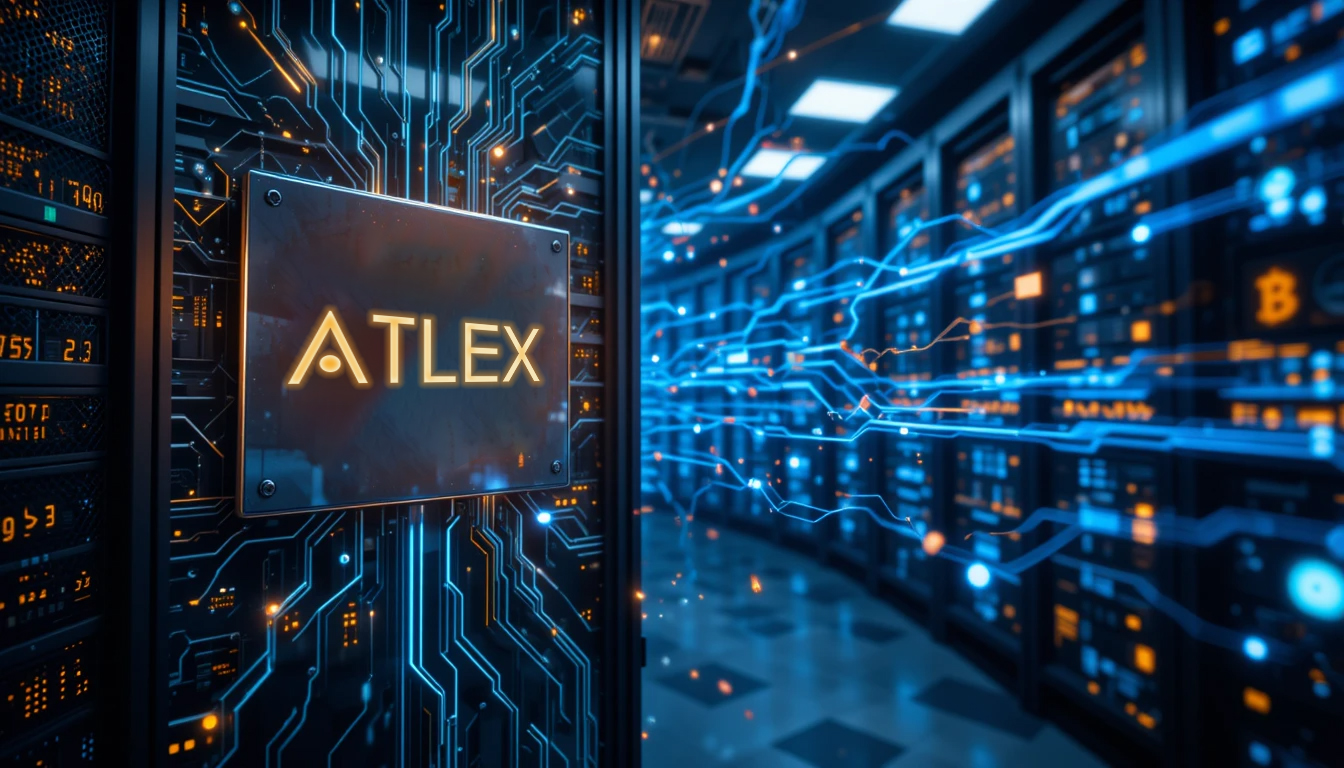Blockchain technology has revolutionized data storage and exchange methods, offering businesses a fundamentally new approach to ensuring transparency and operational security. In essence, blockchain is a distributed registry where information is stored as a sequence of blocks connected through cryptographic methods. Each new block contains information about previous transactions, making the system resistant to unauthorized changes.
Blockchain's Significance for Business
Modern businesses are finding increasingly more applications for blockchain technology:
- Smart contracts automate the execution of contractual obligations, reducing intermediary costs and minimizing human factor risks.
- Supply chains become transparent, allowing tracking of goods movement from manufacturer to end consumer.
- Financial operations are conducted faster and more securely, especially in international settlements.
- Data management becomes more stable due to record immutability and distributed storage.
- Asset tokenization opens new opportunities for investments and property management.
To realize these advantages, businesses require a proven infrastructure capable of ensuring uninterrupted blockchain application performance. This is where specialized servers and their proper placement play a key role.
Technical Requirements for Blockchain Servers
Effective blockchain infrastructure requires specialized server equipment with unique characteristics:
Computing power:
- Multi-core processors of high performance.
- Parallel computing support.
- High clock frequency for rapid cryptographic algorithm processing.
Random Access Memory:
- Large RAM volume (from 64 GB).
- High data processing speed.
- Expandability for growing loads.
Data Storage Systems:
- SSD drives with high read/write speeds.
- Fault-tolerant disk arrays (RAID).
- Sufficient volume for storing full blockchain registry copies.
Network Infrastructure:
- High-speed network interfaces (from 1 Gbps).
- Low data transmission latency.
- Redundant communication channels.
Cooling Systems:
- Efficient heat dissipation.
- Maintaining stable equipment temperature.
- Server solution energy efficiency.
Characteristics of Different Blockchain Platforms
When selecting a server, it's important to consider the specifics of a particular blockchain platform. Each presents its own equipment requirements. Let's examine several popular platforms.
Ethereum requires significant resources for synchronization and storing complete transaction history. Network nodes must possess high performance for processing smart contracts and supporting decentralized application (dApp) operations.
Solana, known for its high throughput, requires servers with increased processor performance and large operational memory volumes for processing thousands of transactions per second.
Hyperledger, oriented toward corporate solutions, needs reliable servers with rapid scaling capabilities and enhanced fault tolerance.
Self-Deployment Challenges
When independently deploying blockchain infrastructure, organizations encounter two key challenges:
Scaling Difficulties:
- Need to forecast load growth.
- Costs of purchasing additional equipment.
- Time for deploying new capacities.
- Downtime risks during modernization.
Security Assurance:
- Protection against DDoS attacks.
- Physical equipment security.
- Data backup.
- Monitoring and timely threat detection.
You can avoid these complexities by deploying the infrastructure in the data center.
Advantages of Hosting in ATLEX Data Centers
Geographic Diversification
Server placement or rental in Russian and Czech data centers opens unique opportunities:
- Access to European blockchain networks with minimal delays.
- Compliance with European security and sustainability standards.
- Option to choose jurisdiction for data placement.
- Access speed optimization for users from different regions.
Reliability and Security
- Tier 3 data centers with 99.982% uptime.
- Multi-level physical security system.
- Electronic access system with rights differentiation.
- Encrypted data transmission channels.
Flexible Scaling
- Additional equipment warehouse for rapid upgrades.
- Ability to operatively expand communication channels.
- Horizontal and vertical scaling.
- No need for preliminary equipment purchases.
Professional Support
- Round-the-clock technical support.
- Team of experienced system administrators.
- Regular security audits.
- Comprehensive server operation monitoring.
Additional Services
ATLEX provides a comprehensive system administration service package:
- Backup configuration.
- Operating system performance optimization.
- Specialized software installation and configuration.
- Regular security checks.
Legal Aspects of Blockchain Technology Usage
Blockchain legal regulation continuously evolves, creating new opportunities and limitations for business.
Russian Legislation
Since 2021, the Federal Law “On Digital Financial Assets” regulates:
- Issuance and circulation of digital financial assets.
- Information system operator activities.
- Digital asset exchange operator activities.
Blockchain technology use for business processes (unrelated to cryptocurrencies) is not legislatively restricted. Companies can use blockchain for:
- Data storage.
- Process automation through smart contracts.
- Supply chain tracking.
- Document authenticity confirmation.
Compliance with personal data protection legislation is also required.
European Regulation
- Technological neutrality principle applies.
- Regulation through MiCA (Markets in Crypto-Assets).
- General Data Protection Regulation (GDPR) applies.
Key Legal Requirements
- Data confidentiality provision.
- Transaction transparency.
- Industry standard compliance.
- Documentation of all operations.
Choosing a data center with legal nuance understanding is critically important for successful blockchain solution implementation.
Conclusion
Blockchain infrastructure deployment requires a professional approach to server space organization. ATLEX offers a reliable solution for decentralized application and network hosting, ensuring the necessary performance, security, and scalability levels.
Contact our sales department to select an optimal server configuration for your blockchain projects. Our specialists will help calculate the necessary capacities and plan infrastructure development considering your requirements.

Comments